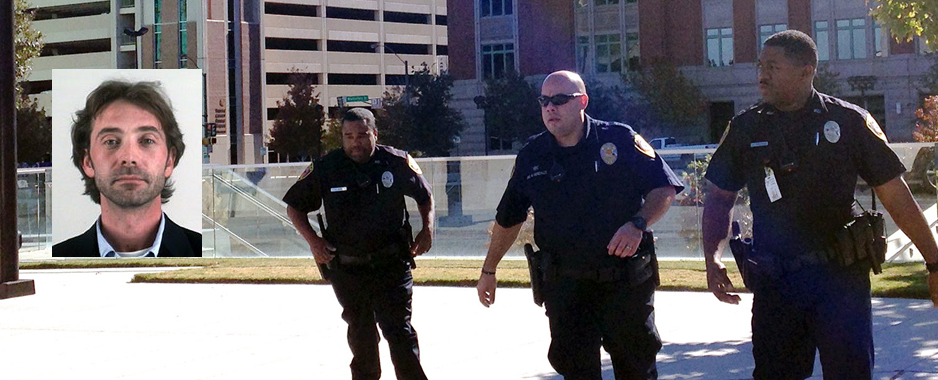By Matt Fulkerson/sports editor
One of the often overlooked aspects of the Kennedy assassination is the transition of the presidency, and on Nov. 20, students on South Campus learned more about that turbulent time period.
Claudia Anderson presented Tragedy and Transition: November 22, 1963, a discussion covering the events surrounding President Lyndon Johnson’s transition into the presidency after the death of John F. Kennedy.
Anderson, supervisory archivist for the Lyndon Baines Johnson Library and Museum in Austin, has been a staff member there since 1969 — six weeks after Johnson left the presidency.
Many have said that the Kennedy assassination is one of the seminal events of the 20th century, Anderson said.
Rather than focus on the events surrounding the death of the president, Anderson focused her discussion on Johnson’s actions as he took office.
To illustrate her points, Anderson shared numerous photographs and audio recordings with the students.
Anderson presented private, audio-diary entries from Lady Bird Johnson from the day of the assassination, detailing her thoughts of the day’s events. Along with her husband, she was in the motorcade in Dallas and, of course, became first lady that day.
“Mrs. Johnson used this tape as a basis for her statement to the Warren Commission,” she said about the group that investigated the murder.
Students heard Johnson’s phone call from Air Force One to Kennedy’s mother, Rose Kennedy, expressing his condolences regarding the death of the president.
Anderson discussed the work performed by the library to restore damaged audio recordings in an effort to improve their quality and preserve them for future generations.
She also presented some lesser-known details about the beginning of Johnson’s presidency, specifically in regard to the book on which he took the oath of office.
“The book that was used in the swearing-in ceremony was not actually a Bible,” she said. “It was actually a book that belonged to President Kennedy, a Catholic missal.”
The book was thought to be lost for some time but was later found.
Through an agreement with the Kennedy Library, the book is now on exhibit at the Johnson Library, Anderson said.
During the transition of power after the events in Dallas, Johnson felt it was important to display strength and unity in the government and assure the country that he would honor Kennedy’s legacy.
“President Johnson began, almost immediately, to comfort the nation and let the country know he was committed to the policies of his predecessor,” she said.




























